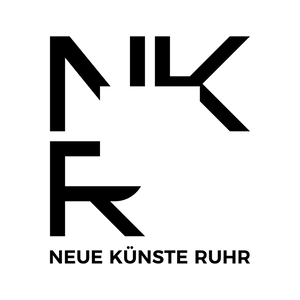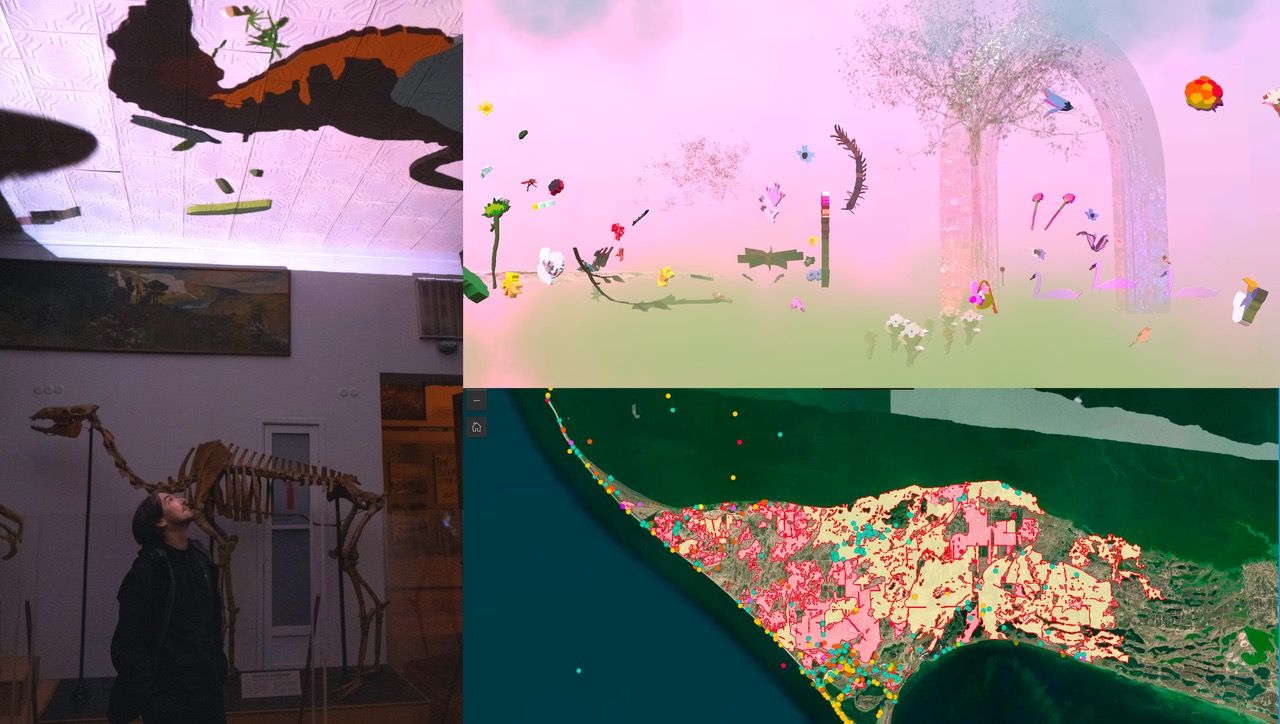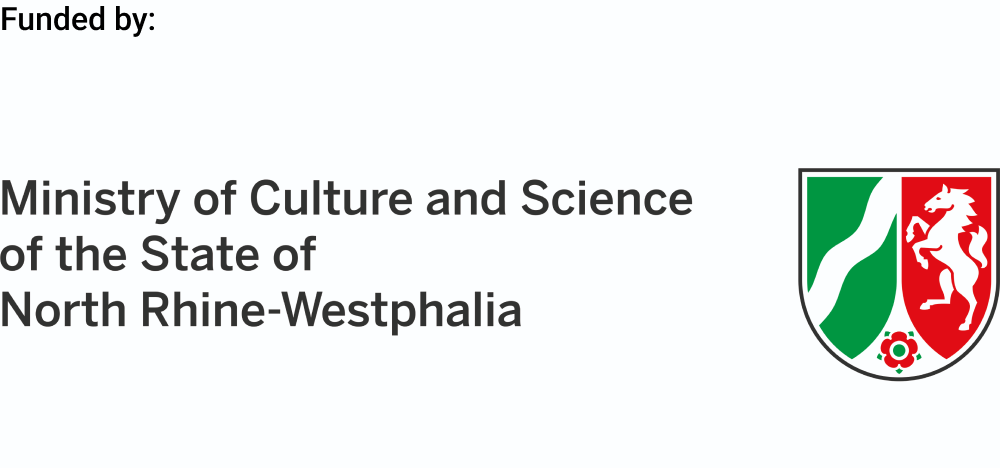Lisa Biletska lives in Kyiv and works with text, translation, and computers. Her current project is Noha—a magazine for literary documentary writing. Since Russia's large-scale invasion of Ukraine, Lisa has been documenting fires on the Kinburn Peninsula, toxic waste in the Black Sea, and the lives of Ukrainian children living as refugees on the Curonian Spit. At kitev, Lisa will share notes on a partially real utopia that flashed for a moment in the summer of 2025 between the villages of Zabucha–Zabuttya–(G)Rubezhivka*. Beyond-Bucha, Beyond-Being (Forgotten), (Rough) Borderland. Medea in the Gardens of the Hesperides // Noha magazine// Glowwood cards
Paul Granjon is an artist and educator. His early work with self-built robots explored the co-evolution of humans and machines with a humorous yet critical eye. The works questioned the validity of creeping digitalization, which tends to replace living beings with digital programs and creatures, thereby promoting a society based on economic profit, surveillance, and exploitation. Over the years, his interest in the topics of resilience and ecological implications has grown, driven by the conviction that a renewed relationship with plants, animals, and minerals, as well as their habitats, combined with a radically rethought use of technology, are crucial prerequisites for a good life on Earth. In several recent works, he explores the potential of electrogenic soil bacteria—microbes that generate tiny amounts of electricity—for artworks, citizen science, and public engagement. Paul is a member of the Centre for Art and Ecology at Goldsmiths University London. More at: www.zprod.org
Vite Joksaite is a cultural manager, curator, and activist. After completing her master's degree in cultural management and cultural policy at the Vilnius Academy of Arts in her hometown, Vite researched how art can contribute to social change and how creativity can be made accessible to diverse audiences. She then studied curatorial studies (MA) at the Städelschule and Goethe University Frankfurt, deepening her knowledge of the theory and practice of artistic participation. A scholarship from the Heinrich Böll Foundation opened doors to new networks and social issues such as ecology, human rights, migration, and feminism. Vite has been a permanent member of the kitev team for five years and co-curated the TUAM2 project. She also founded Village e.V., an initiative that develops innovative approaches to strengthening social cohesion in both local and global contexts.
Lina Kusaite is an illustrator, eco-art educator, and coach. She lives and works in Belgium. Her main source of inspiration is the ecosystems of nature within human relationships. Lina develops methods, workshops, and artistic works to educate people about the social life of plants and the undeniable need for humans to connect with the wilderness.
Natalia Matsenko is an independent curator and art critic. She was born in Cherkasy, Ukraine, and holds a master's degree in art theory and art history from the State Academy of Design and Arts in Kharkiv. Her work focuses on landscape and environmental change, human and non-human communities and networks, new media, and cultural heritage preservation. In her recent practice, she has been exploring the relationship between ecological and political action and art, as well as their impact on socio-ecological systems. She has curated exhibitions and events in Germany, Ukraine, Denmark, Belgium, Japan, France, the Netherlands, Poland, Mexico, and beyond. Several of her projects have been realized in collaboration with the European External Action Service. From 2022 to 2024, she worked as a guest curator at the Kunstmuseum Bochum.
Refugees' Kitchen is the oldest kitev project and is still active today. It is a mobile kitchen that is planned, built, and operated jointly by artists and refugees. Traveling from city to city, it not only conveys culinary traditions, but also offers a cultural program with concerts, lectures, and discussions. In various urban locations, the members cook traditional dishes from their regions of origin and at the same time share political insights into the causes of flight, such as war, authoritarian regimes, and military interventions. In this way, Refugees' Kitchen combines food with political education – “fast food with fast facts” – and makes the topic of flight tangible through personal stories as well as political contexts. Since 2021, the kitchen has been present with weekly activities in the jointly developed space LEERSTAND in Oberhausen Central Station.
Carlos Andrés Rico is a Colombian composer whose work moves between classical and popular music. He studied composition in Bogotá and later in Hamburg, where he completed his master's degree in multimedia composition. In 2022, he received his doctorate (Dr. Sc. Mus.) in artistic research from the University of Music and Performing Arts. His music includes theater and dance productions, concert works, and interventions in public spaces. Many of his projects address social issues and are inspired by the cosmovision of the indigenous peoples of Latin America.
Jana Kerima Stolzer and Lex Rütten have been collaborating since 2016 on stage-like installations and performances that explore feedback systems between nature and technology on and with the earth. Their works refer not only to the relationship between humans and the environment, but equally to flora and fauna. The protagonists of their multimedia works are mostly beings that have no voice in reality: hybrid creatures of nature and technology, plants and animals that convey their own perspective on the world in musical environments. The duo collects stories from around the world based on fact-filled research and develops narratives that enable new connections. They live and work at the Künstlerinnenhaus Dortmund.
Yuri Yefanov is a Ukrainian artist and filmmaker who explores other digital dimensions with computer-generated images. His practice examines the interactions between everyday life and politics by creating his own digital systems and mythologies. His focus is on the future, landscapes, war, and ecology. With the help of a game engine, he creates digital simulations of various decentralized societies. Within these virtual spaces, he cultivates utopian visions of a distant future for humanity.
Margo Zālīte is an opera director and curator with a focus on social and environmental justice. She studied visual anthropology at the Free University of Berlin and opera directing at the Hanns Eisler Academy of Music in Berlin. As an alumna of the Akademie Musiktheater heute (2011–2013), she brings extensive experience in writing libretti and scenarios for theaters, festivals, and unconventional venues. From 2020 to 2024, she was part of the artistic direction of the FAVORITEN Festival. Today, she teaches music theater directing at the HfMT Hamburg, heads the SUSTAINABLE THEATER LAB at the ligeti zentrum, and conducts research on AI and social justice. www.zalite.net | https://ligeti-zentrum.de/






